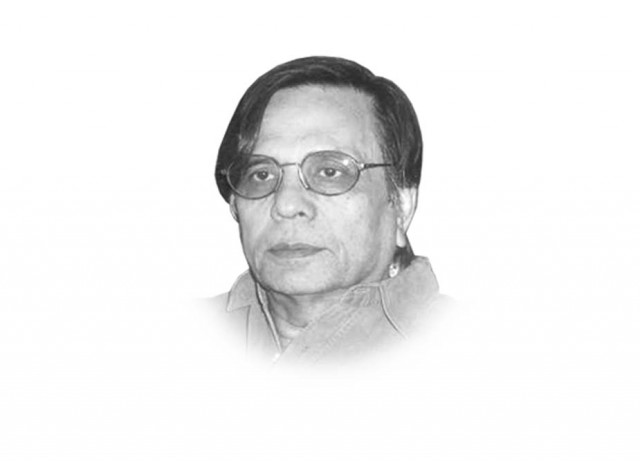Jinnah’s Pakistan
It has become a ritual to celebrate Independence Day every year without considering whether we have achieved it or not

There are some liberals who think that the solution is to put in place “Jinnah's Pakistan”. To me, it would be quite interesting to find out who invented this term. When we use it, it gives the impression that he solely created this country. We seem to be in denial of the fact that other forces helped him to fulfill his dream. Moreover, the term also indicates that Pakistan is Jinnah's property.
Muhammad Ali Jinnah was not a thinker or a philosopher. He was a politician.
In the early period of his political career, he was the staunch Indian nationalist and anti-British. When he joined Muslim League, he changed his stance and championed the cause of the Muslim community of the subcontinent. He supported the two-nation theory and in a number of his speeches declared that the Hindus and Muslims are two separate nations with different culture, customs and traditions. The two-nation theory became a hallmark of the Pakistan movement.
When Jinnah delivered his August 11, 1947 speech, declaring all religious communities equal in the soon-to-be-born Pakistan, it not only shocked but surprised the leadership of the Muslim League and the bureaucracy. That's why the speech was censored. The very act of censoring the speech of the founder of Pakistan and its first governor-general shows that he failed to convince his followers that after Partition the situation had changed and the country needed the theory of one nation rather than two.
In 1949, when the Objectives Resolution was passed by the Legislative Assembly, Muhammad Ali Jinnah became irrelevant to Pakistani politics. It was decided that Pakistan would be a religious country. All three constitutions were drafted in light of the Objectives Resolution. As a result, the Pakistani state has become an Islamic state and the process of Islamisation is continuing unabated.
Under these circumstances, to refer to Jinnah's Pakistan or his vision shows our intellectual bankruptcy. In a backward society, where intellectuals and politicians have failed to produce new ideas, they resort to the past and propogate outdated and rusted ideas. Hero worship is not the solution to our problems. New challenges require new ideas. Muhammad Ali Jinnah alone cannot help us get rid of our present problems.
Published in The Express Tribune, August 14th, 2010.













COMMENTS
Comments are moderated and generally will be posted if they are on-topic and not abusive.
For more information, please see our Comments FAQ